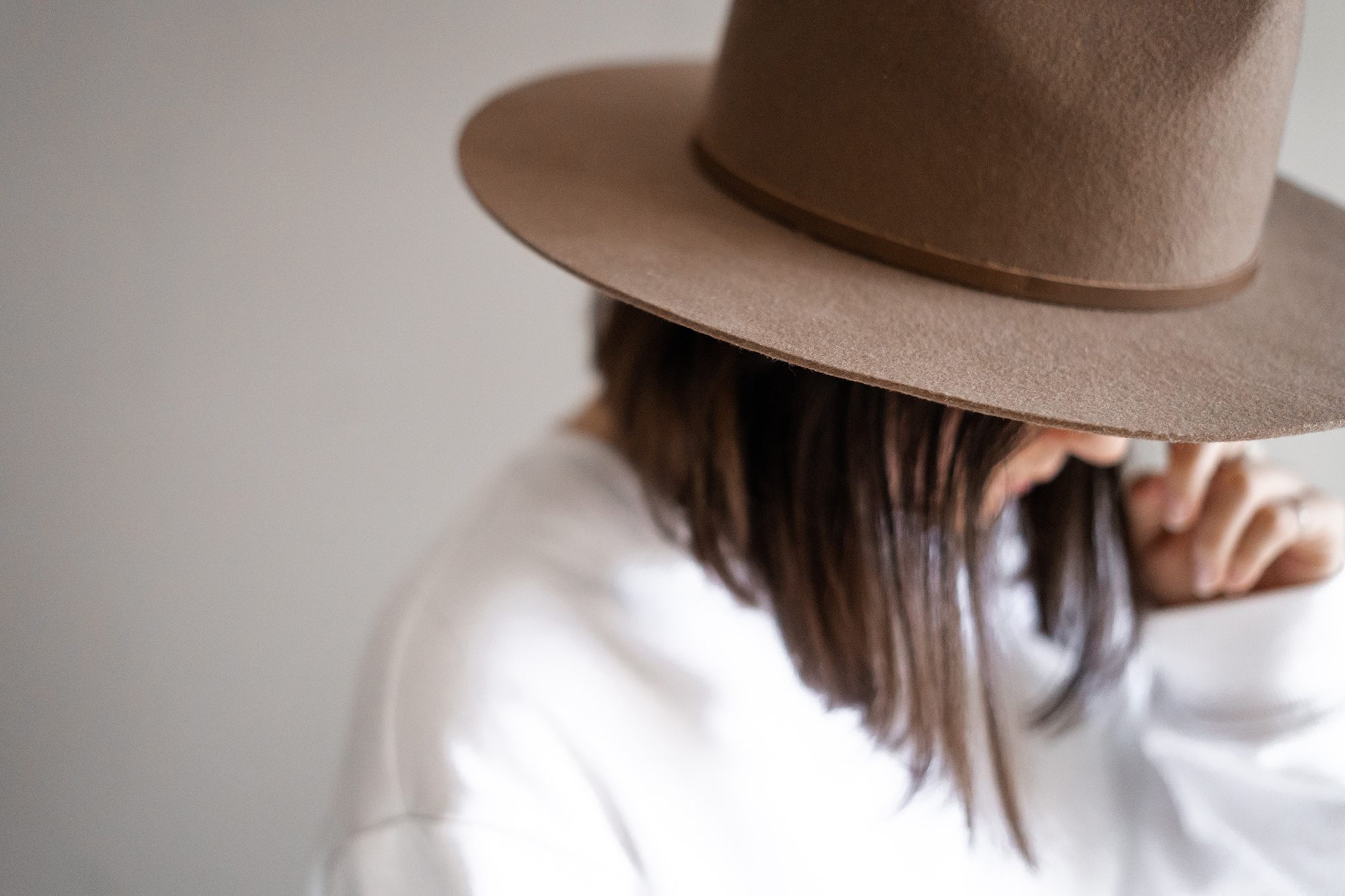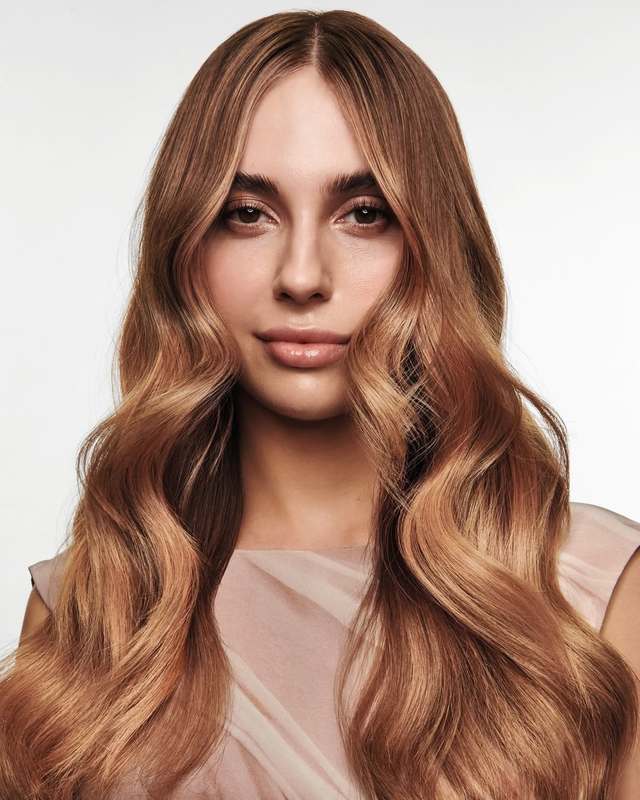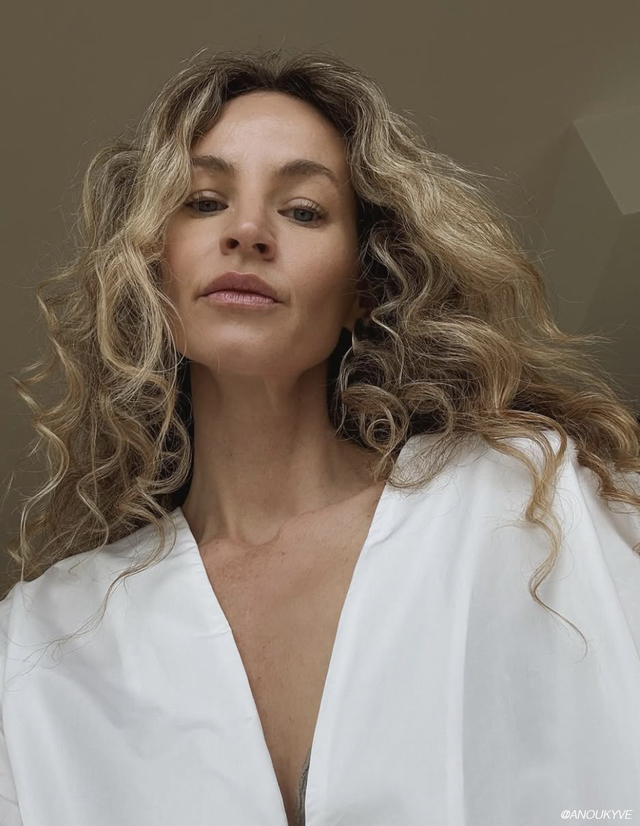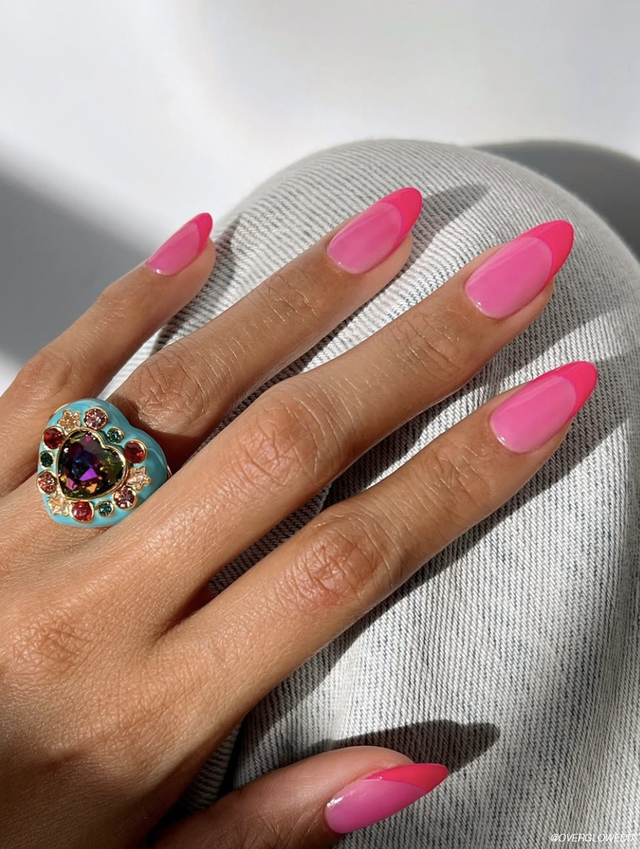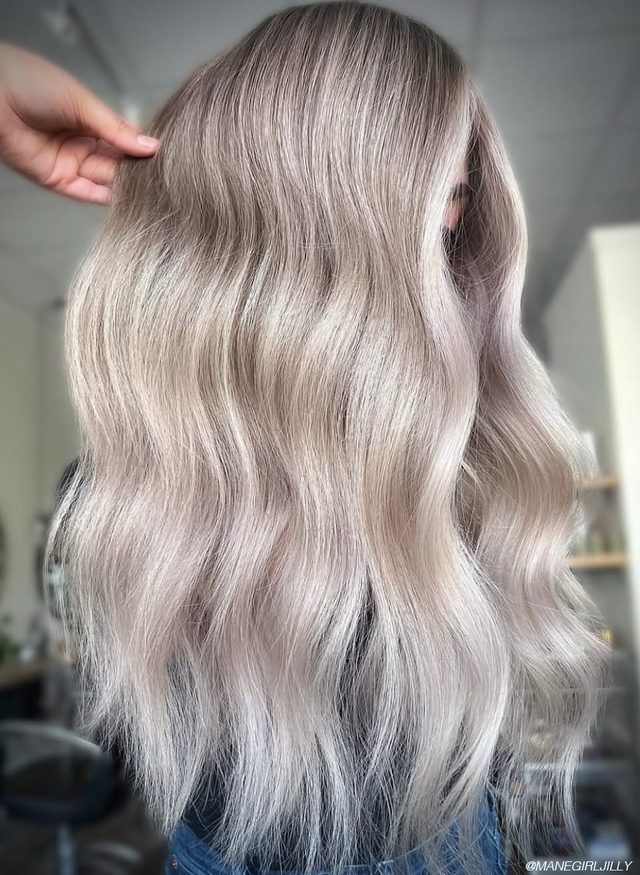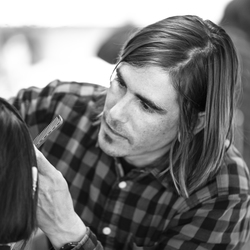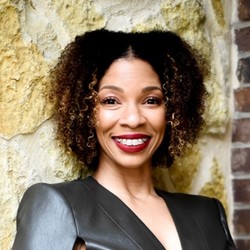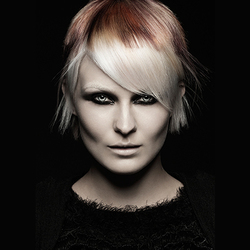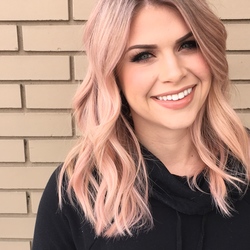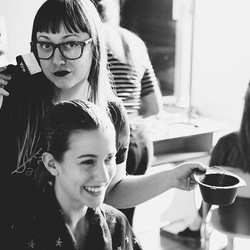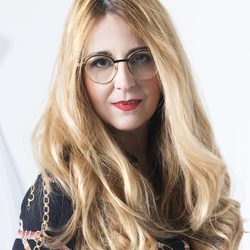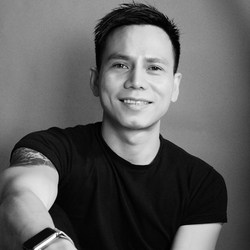Hair loss. It’s a scary, taboo topic that more often than not gets swept under the rug in social situations. Unlike the decision to cut or color your hair, it’s not necessarily something you can ask a friend for advice about, and the internet is a scary slope of misinformation that can leave you questioning every strand shed. Recently, Alyssa Milano shared of video the effects COVID-19 has had on her hair, and since then many men and woman have been prompted to question COVID-19 as well as the associated stress that comes with this virus as a source for an uptick in hair loss. In a recent survey* of 1,000 Americans on the topic of hair loss, 20% said that they have started experiencing increased hair loss or thinning since the onset of COVID-19, with half of these cases citing stress as the trigger. With more than a third of women looking for thicker, fuller hair, we decided to get to the bottom of it. We chatted with Board-Certified Dermatologist, Dr. Michelle Henry, and hairstylist Carrera Alvarez about some of the common conceptions and misconceptions about hair loss and what to do about it.
5 Reasons Hair Falls Out
To get to the bottom of hair loss, Dr. Michelle Henry starts off by detailing the common triggers for hair loss, the possible causes include:
- Genes (androgenetic alopecia)
- Stress and trauma (telogen effluvium)
- Tight hairstyles (traction alopecia)
- Autoimmune diseases (alopecia areata)
- Environment - Air pollutants and residue can build up on the scalp and lead to thinning. *Dr. Henry recommends using a scalp scrub like Nioxin Purifying Exfoliator once a month to remove build-up so hair can grow healthfully from the root.
Let’s Talk About Stress
The past few months have been an increasingly stressful time for individuals everywhere. As we all cope with the global lockdown - find alternatives for homeschooling and childcare, and deal with strenuous career circumstances or loss of jobs - society at large has been under extreme stress, which can lead to hair loss.
Why does stress make your hair fall out?
Mental stressors often take on physical effects throughout the body. Dr. Henry explains that the clinical term for hair loss due to stress is Telogen Effluvium. This is a temporary hair loss condition in which we see excessive hair shedding after a shock to the system. Telogen effluvium usually occurs about three months after getting sick or a stressful life event. This happens because stress can push hair follicles into a “resting” phase so that they don't produce new hair strands. Stress can also produce increased levels of testosterone, which converts to dihydrotestosterone (DHT) and interrupts the hair's growth cycle.
How does age and health impact hair loss?
As we age it is only natural that we lose hair. Hair loss can be caused by a range of health factors including, illnesses, childbirth, surgery, or extreme weight loss and as we age, some follicles stop producing hair and never regenerate. Additionally, any lost hair also grows back finer.
Do men and women experience hair loss differently?
Genetics is one of the main reasons for hair loss in men and compared to women, they are more prone to hair loss. *70% of men struggle with hair loss in comparison to 40% of women. For women, there are numerous causes - from stress to lifestyle, diet, genetics, your surroundings, hormonal changes (including childbirth and menopause) and medical issues are all contributing elements to hair falling out or becoming thinner.
Expert Tips from Hairstylist Carrerra Alvarez
Due to the fact that hair loss is a deeply personal issue and can take a toll on those who experience it, apart from chatting with your doctor, starting the conversation with your hairstylist is another great place to gain insight. For a bit of expert advice, we also chatted with hairstylist Carrera Alvarez, who has worked with celebrities like Kourtney Kardashian and Kesha. Learning from firsthand experience, she knows just how much hair loss can affect confidence and it is this personal journey with hair loss that builds even more trust amongst her clients.
Alvarez says, “It affects someone emotionally. Once I experienced it on a personal level it made me realize how much. The journey of hair loss can seem like a very lonely journey and can really affect our confidence levels in so many ways.”
A Few Tips
- Knowing the products to use is just as important as understanding the causes of hair loss. Talk to your stylist and / or dermatologist to get to the root of the problem, and work together to come up with a personalized plan to treat your hair loss.
- Nioxin is the #1 globally selling salon brand for thicker, fuller hair. The Nioxin System Kits are the perfect basis for a healthy hair growth regimen (Alvarez uses System Kit #3!). Each System Kit has a shampoo, conditioner and scalp treatment and comes in six unique formulas for different hair types.
- Pair running/fitness routines with intentional meditation to help relieve stress. Also be conscious of what you are eating to fuel your body with the balanced nutrition it needs.
- The problem is more than skin deep, “Our hair isn’t just hair, it’s about what is happening on the scalp and in the hair growth cycle. Learning to treat your scalp is really the first step to preventing hair loss.” Try a monthly scalp scrub like Nioxin Purifying Exfoliator to remove product and dead skin buildup to set the best environment for healthy hair growth.
*Results from a nationally representative survey of 1,000 women, which was conducted in late-July by DeVries Global and market research firm Dynata.
